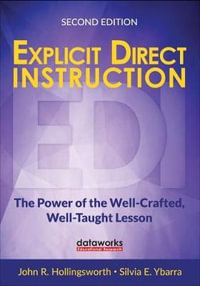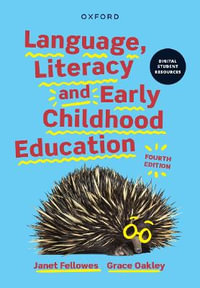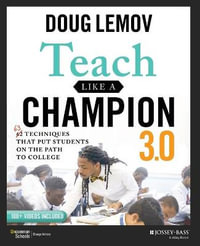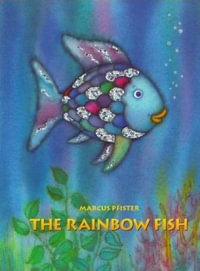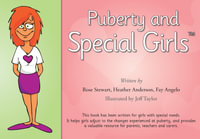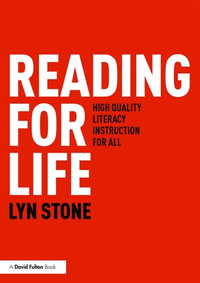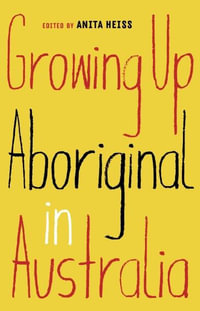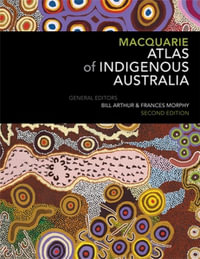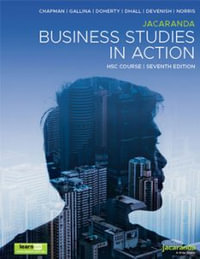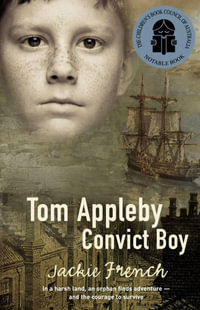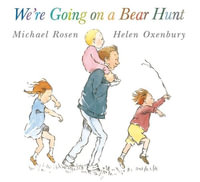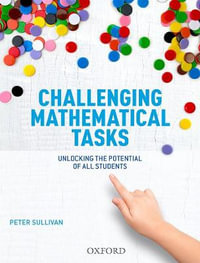'This book emerges from a European project focusing on migrant children's engagement with and integration in a host country's school system, and the impact this integration has on peers, teachers and parents. The CHILD-UP project highlights the educational agency of children, with a particular focus on relations that migrant children have with peers and teachers. Drawing on survey, interview and video data from nursery, primary and secondary schools in seven European countries, a rich body of data extend and refine key concepts within the fields of childhood and migration studies. Baraldi's book is brimming with insights and challenges on the school's monopoly of epistemic authority, the tension between hybrid and monolingual integration and the facilitation of children's agency. This book deserves to be read by academics, policy makers and educational professionals working with child migrants and their schooling.'
- Michael Wyness, University of Warwick
'This truly ground breaking volume brings us the entirely new concept of hybrid integration. It solves the conundrum of how to integrate with new realities without losing cultural identity and celebrates the natural hybridity we all possess as a basic resource for travel. It is demonstrated by detailed research from a pan-European project. While the focus here is children with migration background and their families, plus recommendations for improved professional practice, it relates to all of us everywhere. It is of core relevance to migration, intercultural and postcolonial studies. We must thank Claudio Baraldi for bringing these new ideas to us.'
- Adrian Holliday, Canterbury Christ Church University
'Exploring the Narratives and Agency of Children with Migrant Backgrounds within Schools is a welcome resource for practitioners concerned with concrete pedagogical approaches for working with children and families in ways that directly support children's agency and engagement. Focus is consistently placed on the children's own perspectives, and how interaction in the classroom can support the development of children's voice and expression. The book additionally provides valuable evidence-based recommendations and insights for policy-makers at both local and national levels. It is particularly welcome at a time characterised by polarisation and extremist positions, where cultural diversity is no longer appreciated as the foundation of democratic, open and dynamic societies. Contributors approach these key issues in a nuanced and sensitive manner, bringing together perspectives and expertise from a wide range of research fields, to highlight the most important learnings from studies undertaken in multiple contexts across Europe.'
- Helen Avery, Lund University
'This book emerges from a European project focusing on migrant children's engagement with and integration in a host country's school system, and the impact this integration has on peers, teachers and parents. The CHILD-UP project highlights the educational agency of children, with a particular focus on relations that migrant children have with peers and teachers. Drawing on survey, interview and video data from nursery, primary and secondary schools in seven European countries, a rich body of data extend and refine key concepts within the fields of childhood and migration studies. Baraldi's book is brimming with insights and challenges on the school's monopoly of epistemic authority, the tension between hybrid and monolingual integration and the facilitation of children's agency. This book deserves to be read by academics, policy makers and educational professionals working with child migrants and their schooling.'
- Michael Wyness, University of Warwick
'This truly ground breaking volume brings us the entirely new concept of hybrid integration. It solves the conundrum of how to integrate with new realities without losing cultural identity and celebrates the natural hybridity we all possess as a basic resource for travel. It is demonstrated by detailed research from a pan-European project. While the focus here is children with migration background and their families, plus recommendations for improved professional practice, it relates to all of us everywhere. It is of core relevance to migration, intercultural and postcolonial studies. We must thank Claudio Baraldi for bringing these new ideas to us.'
- Adrian Holliday, Canterbury Christ Church University
'Exploring the Narratives and Agency of Children with Migrant Backgrounds within Schools is a welcome resource for practitioners concerned with concrete pedagogical approaches for working with children and families in ways that directly support children's agency and engagement. Focus is consistently placed on the children's own perspectives, and how interaction in the classroom can support the development of children's voice and expression. The book additionally provides valuable evidence-based recommendations and insights for policy-makers at both local and national levels. It is particularly welcome at a time characterised by polarisation and extremist positions, where cultural diversity is no longer appreciated as the foundation of democratic, open and dynamic societies. Contributors approach these key issues in a nuanced and sensitive manner, bringing together perspectives and expertise from a wide range of research fields, to highlight the most important learnings from studies undertaken in multiple contexts across Europe.'
- Helen Avery, Lund University


